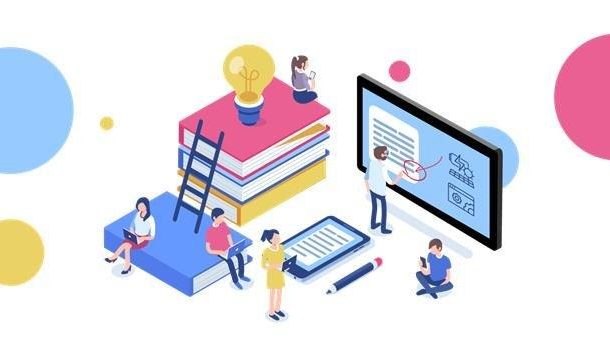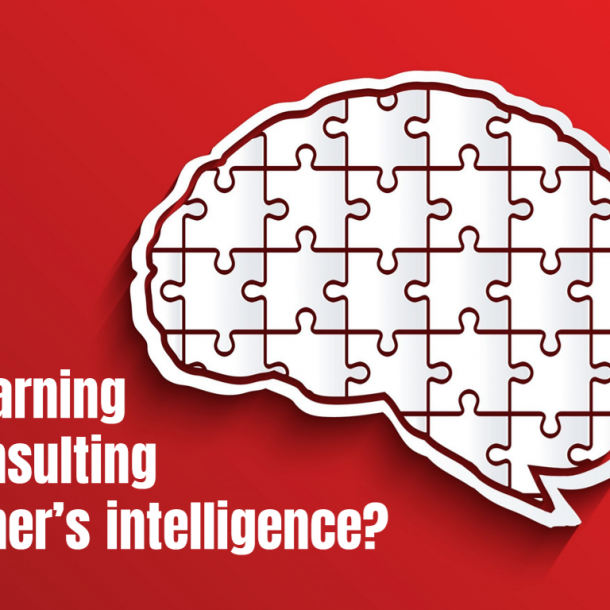
While looking at improving the organisations learning and development culture it’s also important to look at our approach to professional learning. Creating a workplace with learning and development environment and opportunities matters. In a recent survey 87% of millennials say it’s important for them in a job.
While most organizations believe in the power of learning, 84% of corporate leaders view learning as a critical issue. Most learning initiatives are less impactful than they could be or should be. Professional development requires more than just classroom trainings, books or training courses.
Let’s have a look at 3 major types of learning opportunities to provide employees.
- Experiential Learning
- Social Learning
- Formal Education
Experiential Learning
Experiential learning is based on the assumption that learning best takes place on the job and in day-to-day experiences. This way, employees are playing an active role in their professional development — they’re learning by doing.
Here are some ideas for incorporating experiential learning into your employees’ roles:
- Desk rotations: encourage employees to foster relationships across departments by regularly sitting with new teams for a day.
- Stretch assignments: connect with your employees about skills they’d like to develop and work with them to create projects that build those skills.
- Increase authority: give employees increased decision-making authority over the projects they’re especially excited by or confident leading to success.
- Connection to the business: help employees see the larger impact of their role by including them in relevant conversations, tasks, or meetings with senior leaders.
- Innovation time: encourage employees to take a certain amount of time each week to learn something new, regardless of whether it connects directly to their current role.
Social Learning
Social learning involves connecting employees to the peers, mentors, leaders, and coaches that will help them grow. These relationships can occur across all levels and, perhaps, even outside of your organization.
Here are some ideas for how to provide social learning opportunities to your employees:
- Peer Outings: set up regular company-sponsored lunches, coffees, or happy hours for employees to connect with their peers.
- Mentorship Programs: establish a mentorship program within your organization.
- Coaching Sessions: if your employee is looking to advance a particular skill set or their knowledge of your business, connect them with a colleague or leader who can help. Alternatively we will be glad to introduce customised coaching options by I Train Consultants.
Formal Education
Formal education is what you may typically think of regarding professional development. From books and online courses to conferences and training sessions, formal education helps employees reiterate what they’ve learned on the job.
Providing employees with formal education is incredibly important. But it needs to exist alongside other types of learning to directly affect employees’ careers.
Here are some ideas for how to provide formal education to your employees:
- Stock an office library or bookshelf for employees to use freely.
- An online library of books can also be made easily available with the flexibility of access to book summaries especially for readers who are not fond of reading books but want to get started
- Provide employees with an annual learning budget or reimburse employees for seminars, lectures, materials, or conferences they attend that are related to their roles.
- Set up lunch-and-learn events at your office. Employees can teach a skill set they’re particularly proud of; helping employees learn something new from people they trust.
- Attend industry events or lectures as a team. Contact us for our upcoming open house webinars on most important industry skills like Presentation Skills, Negotiation Skills etc.
To Summarize
While there’s no one-size-fits-all approach for workforce for learning and development, finding out ways that work best for your workers is a must if you crave for business growth. Post pandemic the impact of digital technologies on the workforce, modern L&D strategies allow employees to obtain knowledge without spending much time and effort. Thus, it’s important to keep up with the trends and motivate workforce for learning and development in an interesting and engaging way.
I Train Consultants have been in the domain of Learning and Development Consulting for more than 13 years and worked with 15+ Fortune 500 organisations. Contact us to have a quick conversation with us to give a head start to your L&D Strategy for 2021.
Sources:
hrtechnologist.com
monster.com
gallup.com
Author: Vishal Punetha
Corporate Training Consultant
I Train Consultants India Pvt. Ltd.
Subscribe To Our Newsletter
Be part of our community and receive updates, best offers and freebies directly in your inbox.
Contoole
With over 15 years of experience and having catered to the learning needs of over 400+; we are committed to giving more Power to the Learners…
© 2022 Contoole.com. All Rights Reserved.

